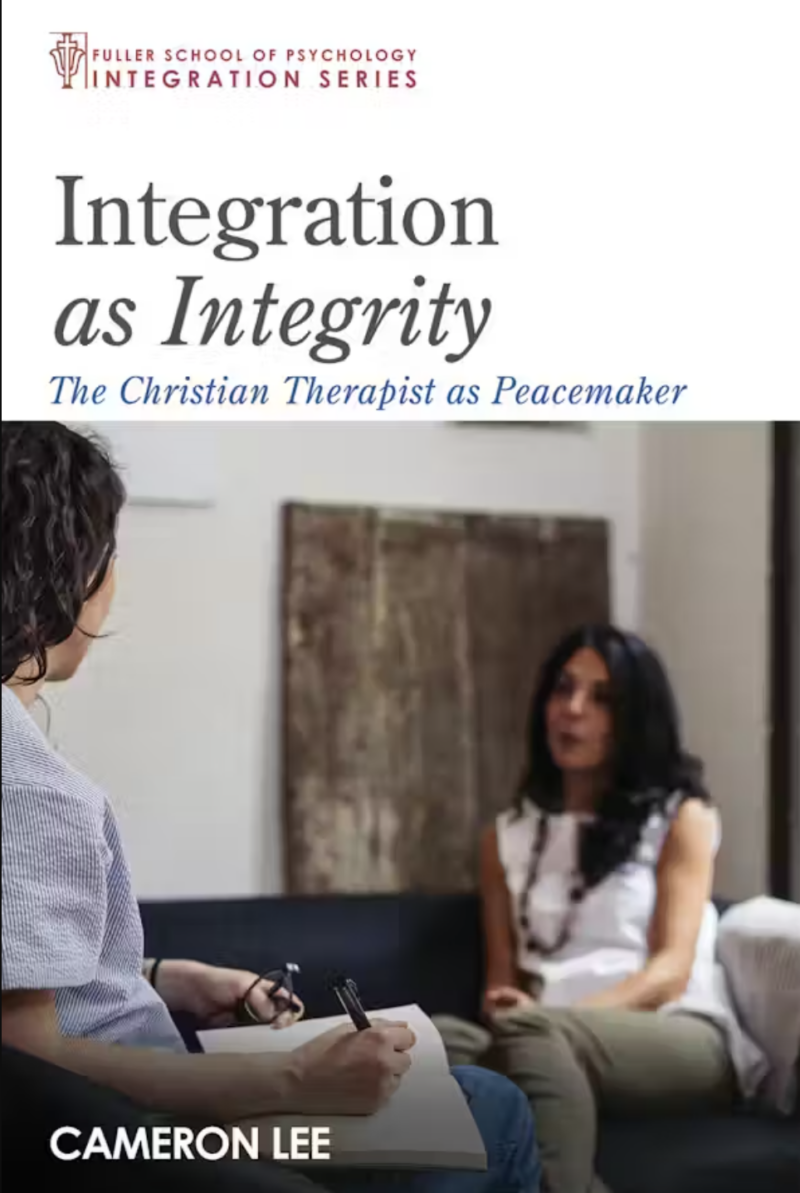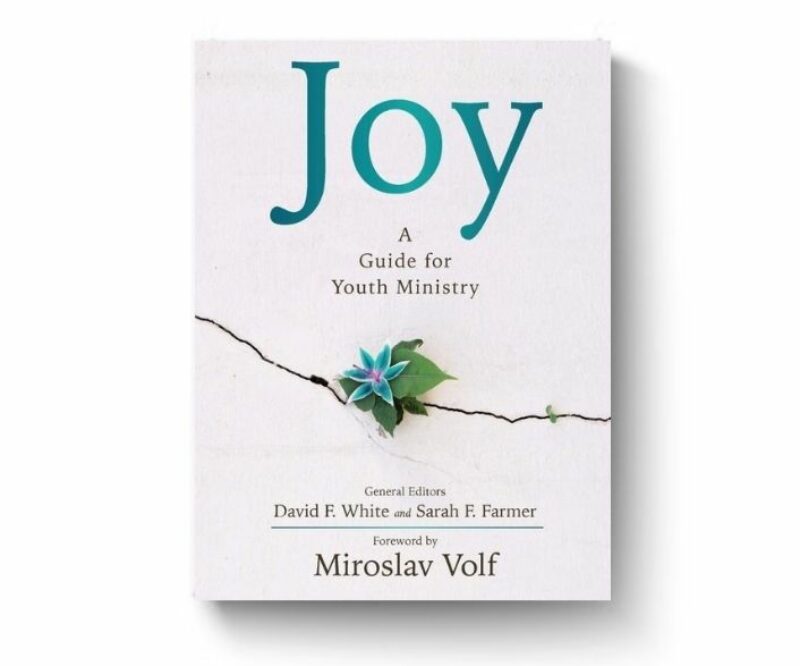Healthy spirituality involves putting beliefs into practice.
We often think of spirituality as connecting to God or our source of transcendence through our thoughts and emotions, but spirituality is truly lived out in our day to day. Essential to spiritual health and thriving is a life of integrity. Although no one is perfect, the more aligned our actions are to our values, ethics, and beliefs, the more well-being and satisfaction we experience as we contribute to others. Ethics are defined as beliefs that inform and guide how we treat others and act as a kind of moral compass. Virtues are related, and involve patterns of thoughts, feelings, and behaviors that become habits and these habits enable us to respond morally in different situations to pursue purpose beyond ourselves. We think of virtues such as courage and patience as being rooted in our beliefs, but we often don't think of love as a virtue, yet offering it is perhaps the most virtuous thing we can do. When we cultivate virtues that enable us to do what is right, loving, and good across the changing complexities of life, we can joyfully contribute to our world.
A curated content list
Discover more about ethics and virtues
33 Content Resources
A curated content list
Discover more about Thrive's research
17 Content Resources

Get Started
The Practice of the Rule of Life
If there are ways we would like to more fully live into certain virtues, one way to do so is by using the Rule of Life to help us establish new automatic life rhythms.
Dive Further

Vocation & Purpose
Contributing our strengths to the world by living out our response to love.

Identity & Narrative
Growing in clarity about who we are as a beloved, unique, embodied person and how we are related to others and the greater world.

Relationships & Community
Connections provide a space of belonging where we can be fully known to ourselves and others and learn to give and receive love.

Habits & Rhythms
Healthy spiritual practices and regular rhythms allow us to slow down to gain insight, connect to love, and energize into purposeful endeavors.

Transcendence & Spirituality
Awareness of and connection to a source of invigorating love offers meaning and inspires purpose. For many this is God, for others it may be a higher power or nature.
Subscribe to our newsletter and get our Thrive Practices for Spiritual Health PDF!
You Got It!







































